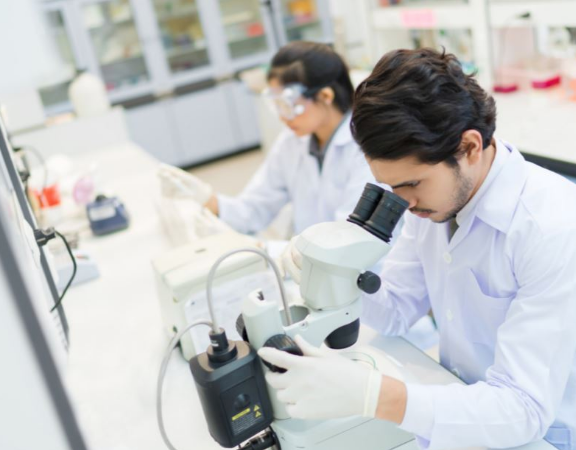
image courtesy: CEPI
Norway based CEPI, the Coalition for Epidemic Preparedness Innovations, on 19th March 2020 added an eighth COVID-19 vaccine candidate to its portfolio. CEPI will invest an initial US$4.9 million in a partnering agreement with the Institut Pasteur-led consortium that will include Themis and the University of Pittsburgh to develop a vaccine candidate against COVID-19. This collaboration brings CEPI’s total investment in COVID-19 vaccine R&D to US$29.2 million.
In a first step, CEPI funding will support the preclinical testing, initial manufacture of vaccine materials, and preparatory work for phase 1 studies.
To date, CEPI has provided initial funding to Curevac, Inc., Inovio Pharmaceuticals, Inc., Moderna, Inc., Novavax, Inc., The University of Hong Kong, The University of Oxford, and The University of Queensland to develop COVID-19 vaccine candidates.
This investment is the result of a recent global call for proposals that CEPI issued in early February, which invited funding applications for proven vaccine technology that could be used to rapidly develop a vaccine against the new coronavirus, and most importantly at scale and with the necessary equitable access provisions.
Richard Hatchett, CEO of CEPI said “CEPI was set up to accelerate the development of vaccines against emerging infectious threats like COVID-19. One of the ways we’re doing this is by bridging the gap between public and private sectors to pool resources and expertise to jump-start the vaccine development process.
“I’m pleased that CEPI has been able to help establish and fund this consortium of leading vaccine developers, through our recent call for proposals, to harness this measles vector platform to develop a vaccine against COVID-19.
“It is clear that an effective vaccine against COVID-19 is crucial if we are to beat this virus. By investing in a range of partners and vaccine technologies, we are giving ourselves the best chance of developing a vaccine that can stop COVID-19 in its tracks. We are calling on the international community to contribute to the fight against COVID-19 by investing in CEPI’s vaccine development programme, and help us deliver a long-term equitable solution to this unprecedented global challenge.”
Stewart Cole, President of the Institut Pasteur said, “The expertise of the Institut Pasteur (Paris) in emerging infectious diseases is one of the priorities of our Strategic Plan 2019-2023. As part of the COVID-19 Task Force set up in January 2020, after our isolation of the coronavirus strains detected in France, the proprietary measles vector (MV) technology was chosen to develop a vaccine against SARS-CoV-2 leveraging our extensive experience with human measles vector technology and an MV-SARS-CoV-1 candidate.
“We are delighted to continue our long-lasting collaboration with Themis and CEPI that has already delivered high potential vaccine candidates for Chikungunya, nearing phase 3, and Lassa fever in phase 1, both emerging infectious diseases representing a threat to global health.”
Measles vector platform
The measles vaccine is used here as a vehicle. Using the measles vaccine virus (also called MV) as a vector, recombinant vaccines can be designed to express antigens from other pathogens (Chikungunya virus, Lassa fever, MERS, HIV, dengue, West Nile, yellow fever, or other emerging diseases). The use of the modified MV as a vehicle for vaccination against these pathogens makes it possible to deliver the antigens directly in the compartments of the immune system capable of inducing a protective memory response.
With its broadly applicable technology platform licensed to Themis, the Institut Pasteur has successfully collaborated for 10 years with Themis. This approach was used to develop a vaccine candidate against SARS, and CEPI has previously partnered with Themis and Institut Pasteur to harness this technology to develop vaccine candidates against Chikungunya, MERS, and Lassa fever.




